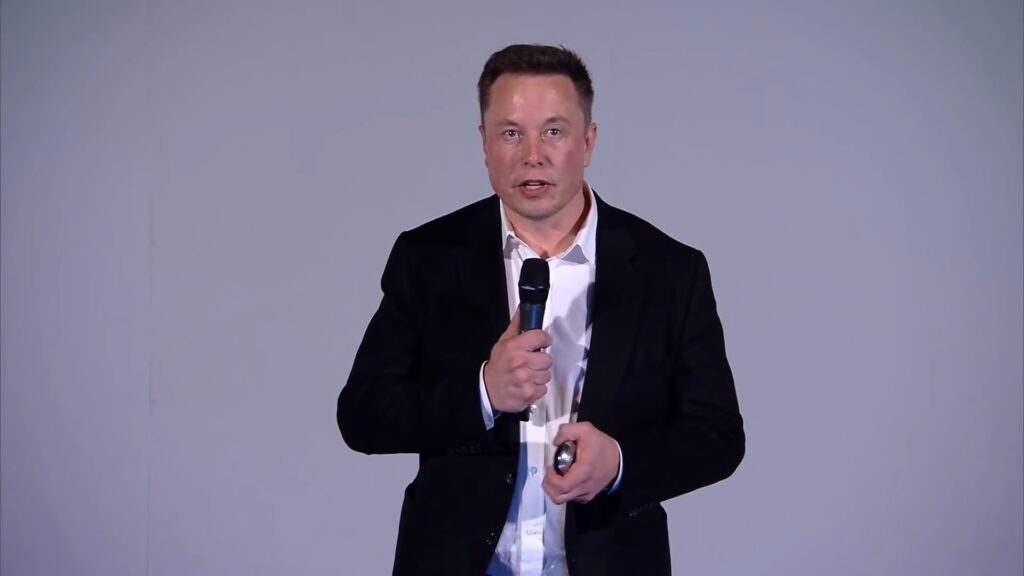Jack Dorsey’s fintech firm Block, formerly known as Square, seems to be taking a page from Michаel Saylor’s Bitcoin approach at MicroStrategy.
This week, Dorsey revealed that Block would dedicate 10% of its gross profit from Bitcoin products to purchasing BTC each month. This move underscores the growing influence of Bitcoin, highlighting its impact on modern corporate financial strategies.
Block’s Dollar Cost Averaging Strategy
Block recently launched a new dollar cost averaging (DCA) program to increase its Bitcoin holdings. The company recently began using a portion of its monthly Bitcoin-related gross рrofit to purchase additional Bitcoin.
In a statement, Block detailed its approach, noting, “Under the DCA program, we plan to purchase Bitcoin on a monthly cadence utilizing TWAP orders, starting April 2024.” The company also highlighted its strategy of executing trades over a shorter time window due to improved Bitcoin liquidity, stating, “We will execute these over a shorter time window due to lower notional trade values and improved Bitcoin liquidity compared to 2020 and 2021.”
To enhance efficiency, Block added, “To reduce slippage, we have chosen to purchase Bitcoin over a two-hour window that has historically had the greatest amount of liquidity.”
Related: Industry Celebrates the New $70M Domain Mogul But His Crypto Shadows Linger
Optimizing Long-Term Investments
As the company outlined, “By allocating a portion of our monthly Bitcoin gross profits to Bitcoin investment on a predetermined and recurring cadence, we sidestep the challenges of market timing.” Recognizing the unpredictability of Bitcoin’s price, which often diverges from other asset classes, Block added, “The price of Bitcoin can be highly volatile and hard to predict as its price action doesn’t always correlate with existing asset classes.”
The company views this strategy as a way to optimize its long-term investment while mitigating risks, stating, “We believe this approach enables us to optimize our long-term investment position while minimizing the price risks associated with attempting to aggregate less frequent, larger purchases.”
Comparing Investment Strategies
Both Block and MicroStrategy have adopted strategic approaches to investing in Bitcoin, though they differ in execution. Block has initiated a DCA program, consistently investing a portion of its monthly Bitcoin-related gross profit into the token. This method allows Block to make frequent, smaller purchases, avoiding the pitfalls of market timing and capitalizing on Bitcoin’s liquidity.
In contrast, MicroStrategy has employed a more aggressive strategy, making large, occasional purchases to accumulate a significant Bitcoin reserve. Michael Saylor has been a vocal advocate of Bitcoin as a treasury asset, emphasizing the cryptocurrency’s potential as a hedge against inflation and economic uncertainty.
Related: Crypto Titans Bunker Down Now: Vitalik’s Austerity Vow, Binance $1B Bitcoin Shield
While both companies share a commitment tо Bitcoin investment, Block’s DCA approach is focused on consistent, recurring purchases, whereas MicroStrategy’s strategy is characterized by larger, less frequent acquisitions. This distinction reflects their differing philosophies: Block prioritizes mitigating volatility and optimizing long-term investment, while MicroStrategy takes a more assertive stance, aiming to leverage Bitcoin’s long-term potential through sizable investments.
The recent announcement came at the heels of reports that Block had completed the development of a three-nanometer chip used for BTC mining, which led to the firm announcing a “full Bitcoin mining system.”












